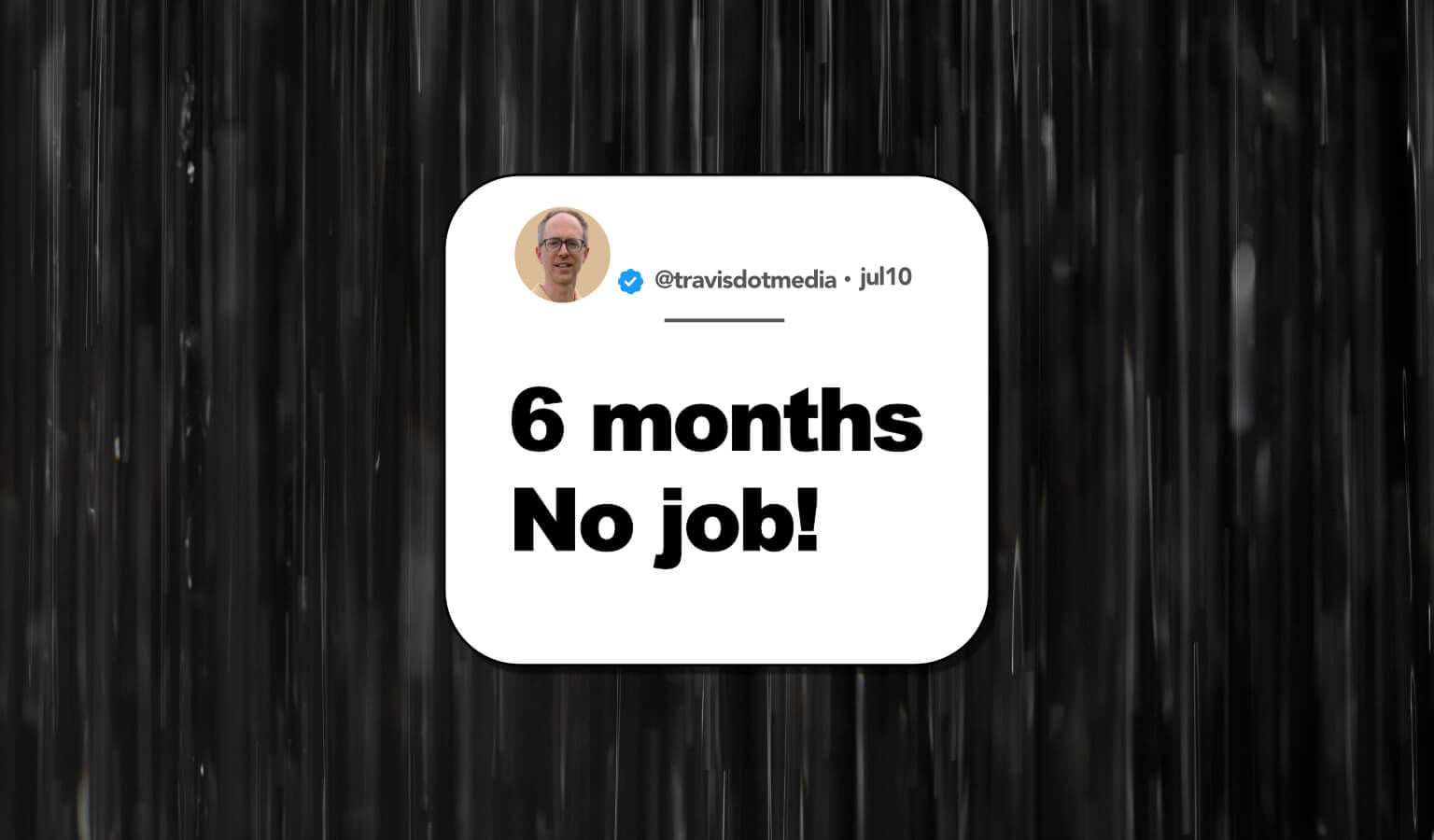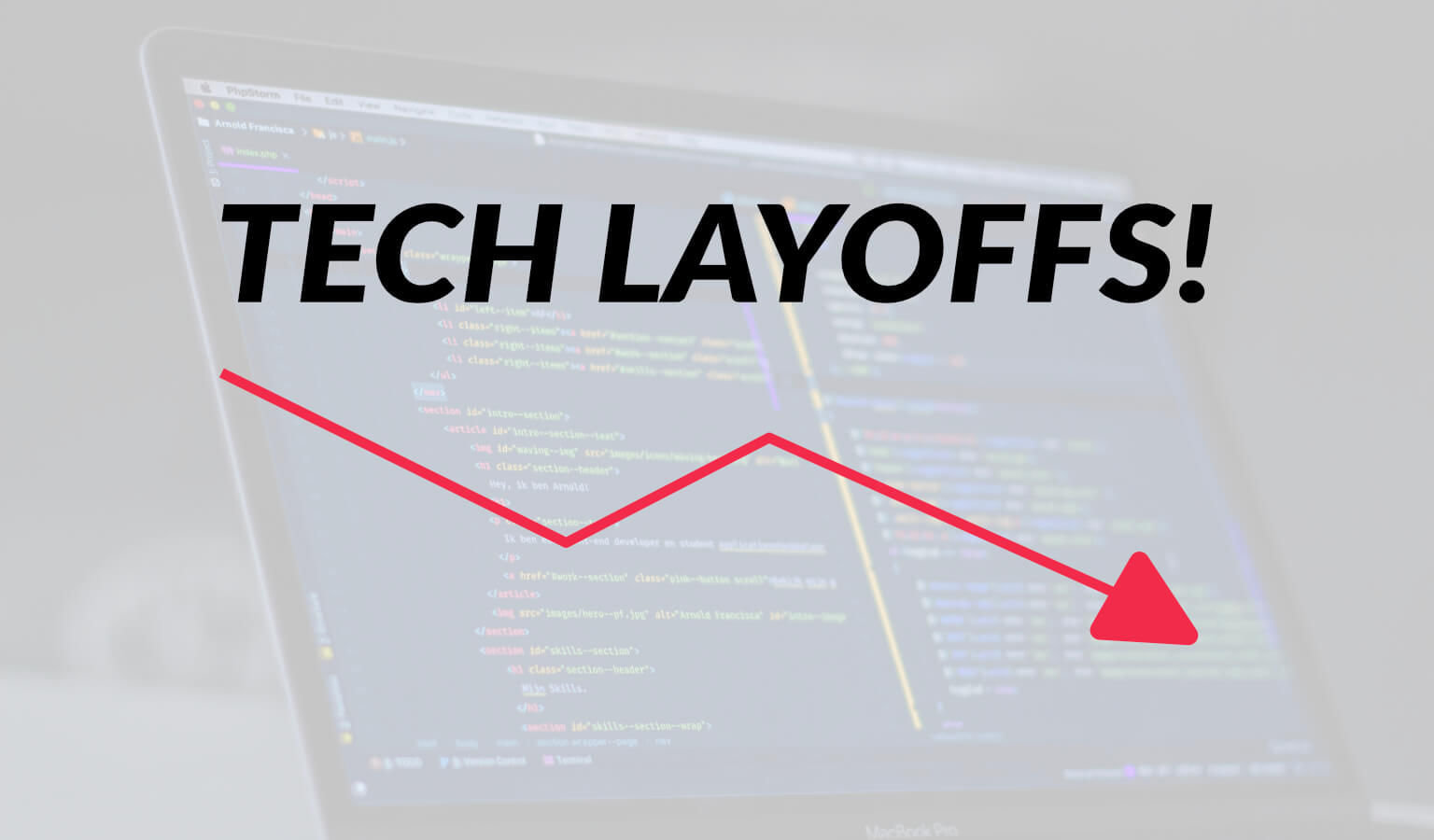Meet Kathy
Let me introduce a lady by the name of Kathy.
It's Monday morning. She wakes at 6:00 a.m. to get dressed and ready for another week at work. She wakes her two teenage sons who are reluctant to get up for another week of school. One is about to graduate and a real go-getter while the other struggles in all of his school work.
She jumps in her sister's car, which she is borrowing while her's is in the shop, and sets off to work. While sitting in traffic she calls her mother, whom she doesn't expect to recognize her voice as she has a late-stage onset of Alzheimer's.
Meet Bob
Now let me introduce you to one more person, Bob.
Bob is a successful businessman with an unfortunate personal life. He makes six figures a year, lives in a big house, but his wife recently left him and he is soon to be facing some nasty custody battles. He awakes also at 6:00 a.m., puts on his sharp new suit and heads off to start another week at work.
Now, why do I introduce these two people?
Because these are the two people to whom you will report to today for your coding interview!
But you don't know this.
You are super nervous because you are about to be drilled by these successful programmers and business-minded professionals.
That is true.
BUT….what we often forget is that these people are real people too! Let me explain further in three brief points:
1. First, we are almost always more equipped technically than we think we are.
You are prepared! No one goes into these things unprepared…we go in overthinking. The problem is that you get nervous in regards to the relational part of the interview, thinking these two people as without any fault, and it causes you to do poorly technically.
2. …..so we elevate those giving the interview to a higher status than we should!
We think by default that those giving the interview are successful and we are not or that we really have nothing to offer to them. We think we have all the problems, struggling to find a job, dealing with imposter syndrome, while these people giving the interview have no worries at all in life. So…
3. …we fail to relate to them, warmly, on a personal level
As seen from our two examples, these two people have real issues of their own. They struggle too! They have to budget, raise kids, deal with car trouble and aging parents. Because their coding knowledge is more superior than yours, doesn't mean their relational abilities or life skills supersede yours! Remember this as you seek to pass your next coding interview.
That's easy to say…
Now this, of course, is easy to say in theory, but it's a different story when the time comes to pass your next coding interview.
Absolutely. No denying that.
But putting yourself in a state of discomfort with the goal of advancing your life-situation is always a positive sign of growth in your life.
What I am asking is that you work to ease this discomfort with the realization that these people are just like you, face similar struggles in their lives financially, relationally, emotionally, and that you should keep this at the forefront of your mind as you attend your coding interview.
Smile. Laugh. Ask them questions. Talk out loud as you work through the problems. Show your desire to learn. Be transparent. Even encourage them if the opportunity arises.
But do not elevate them to state of superiority, relationally.
An example in my life
I remember when I failed my first assessment at Bloc. I was nervous. I doubted myself and felt very unprepared (even though I was really not). I assumed the lady giving the assessment was an expert programmer (she was) and that she would drill me hard.
I later found her on Twitter and saw that she was complaining about things in her life, her failures and frustrations, all of which were not related to coding!
Yes, she had a life outside of coding and drilling new programmers!!
Remember that all of these people are human just like you, that they came up from somewhere too, and let this ease your discomfort.
Adapt this mindset and I guarantee it will help your chances as you look to pass your next coding interview or as you look to interview for any new job.
In fact, remembering this about people, in general, will take you a long way in life.
One person who has helped my mindset in this matter is John Sonmez of Simple Programmer. Reading his material helped me realize that much of the interview is in fact largely relational and based on your soft skills. You can read all about that in his super helpful book: Soft Skills: The software developer's life manual.
Have there been any mindset shifts or mental changes that you adapted to help you in your coding interviews?
This page may contain affiliate links. Please see my affiliate disclaimer for more info.



